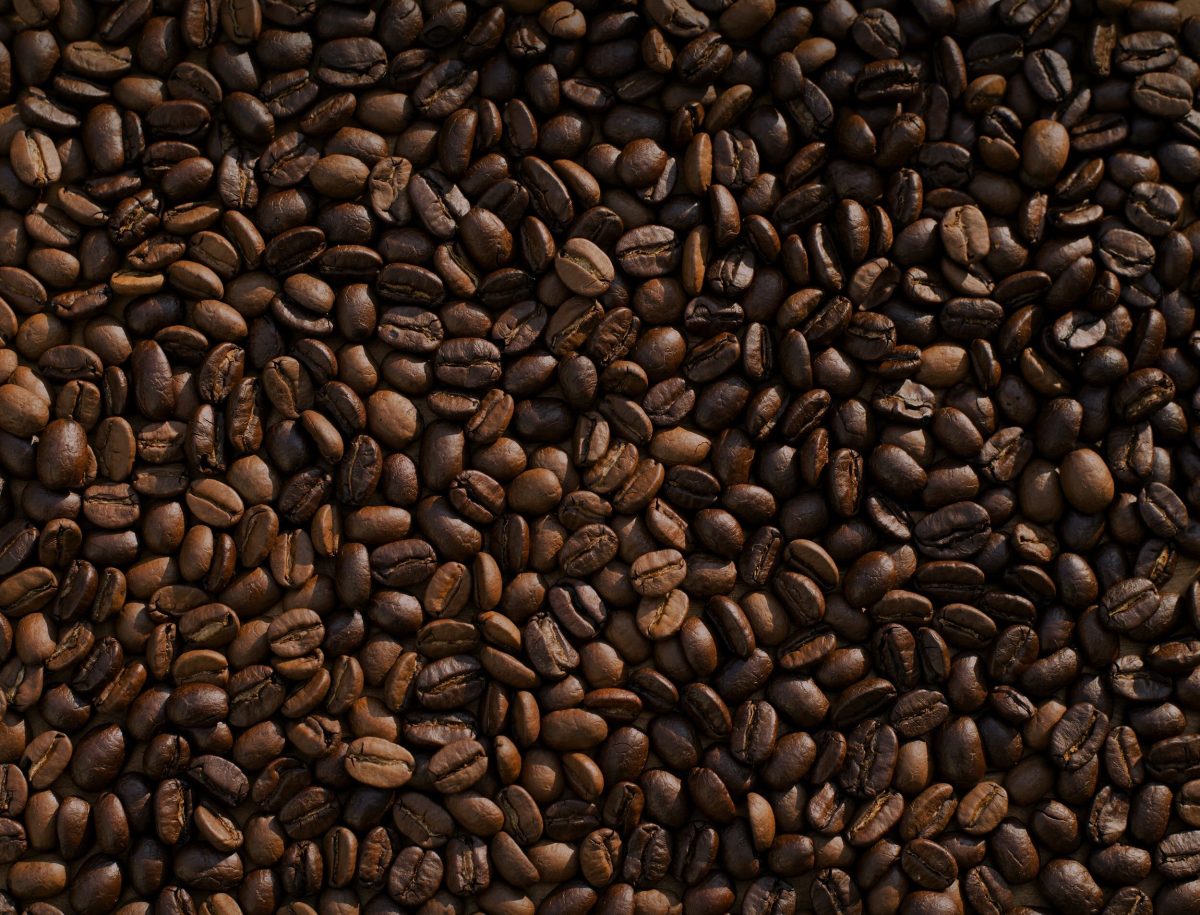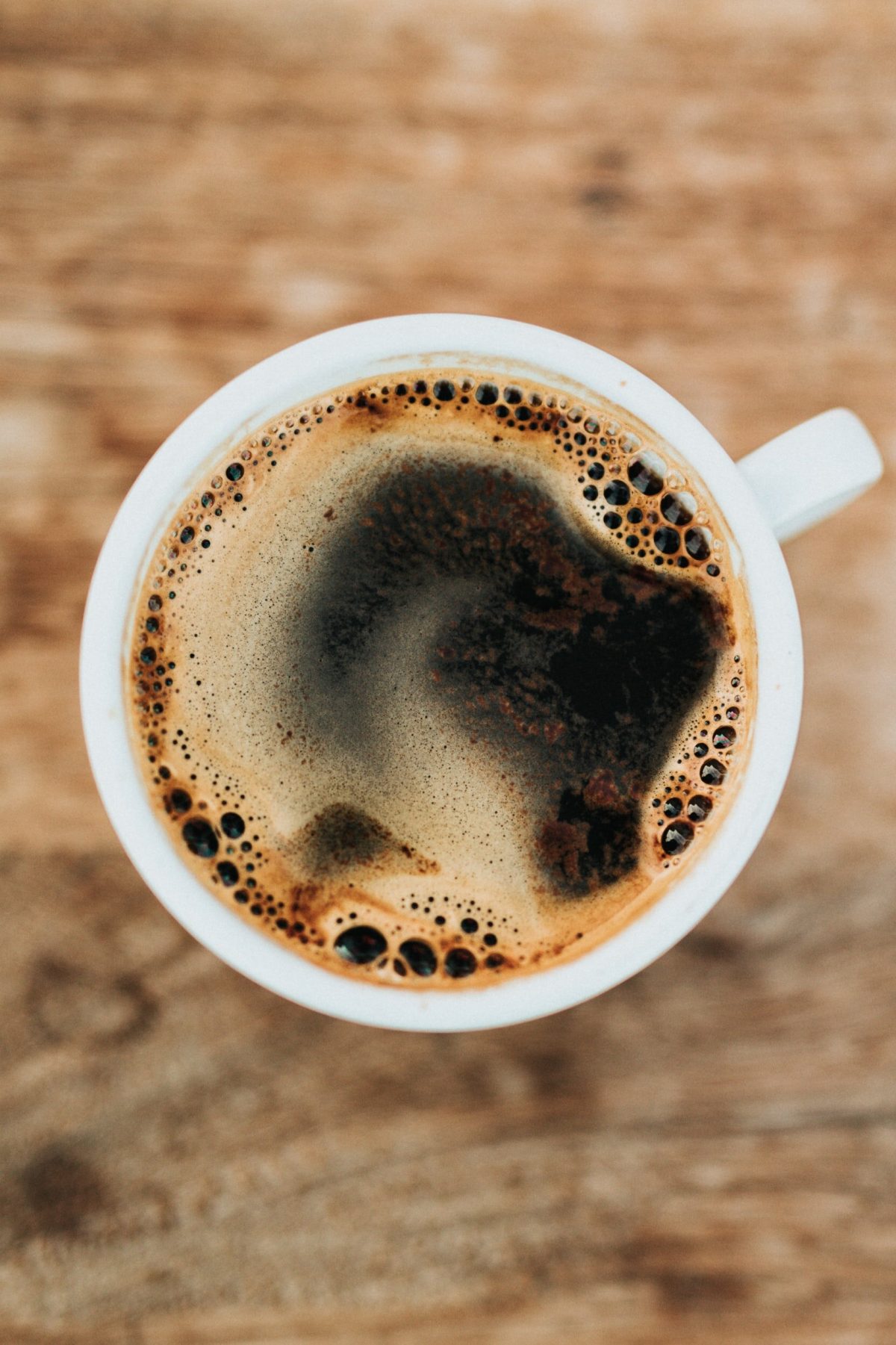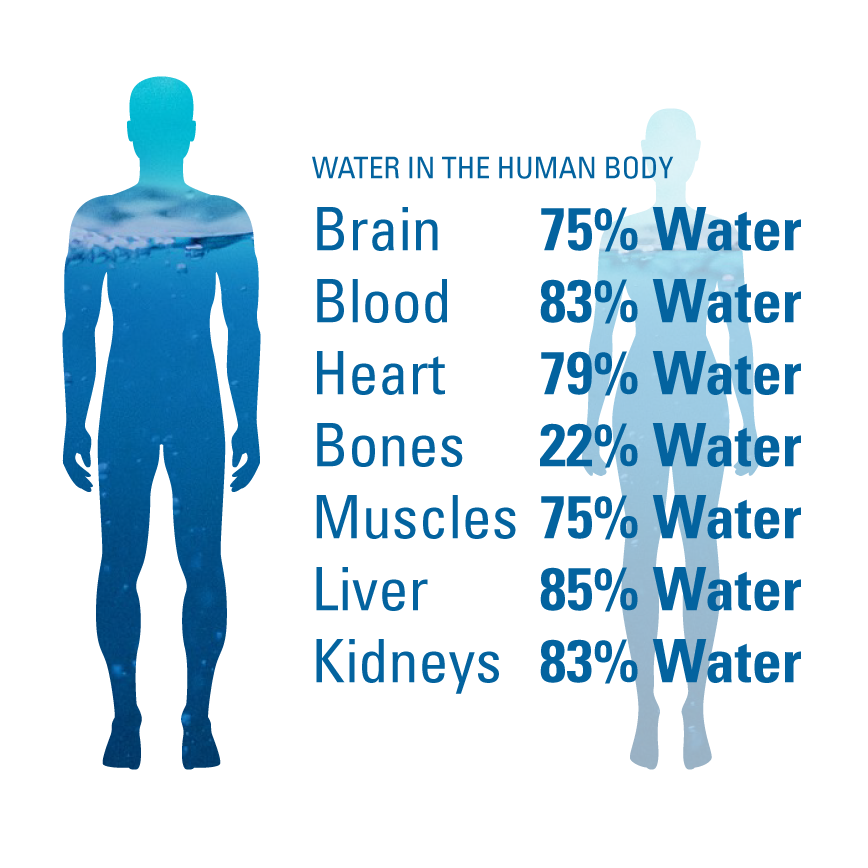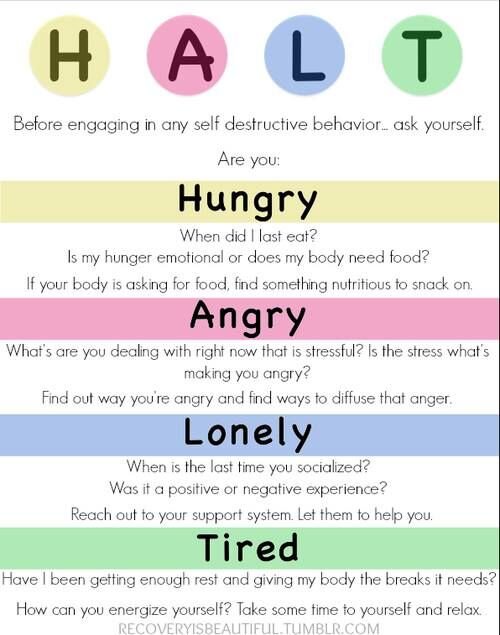Decrease The Bean

Why do we all love coffee, tea, and other sources of caffeine? Is it the taste, the ritual, the buzz, the benefits? All of the above!
Each day millions of people rely on caffeine to wake up, get through a night shift, or manage an afternoon slump. Many use it to combat fatigue caused by poor sleep and stress. Caffeine works by stimulating the brain and central nervous system, helping you stay alert and preventing the onset of tiredness. It does this by blocking the effect of adenosine, a neurotransmitter that relaxes the brain and makes you feel tired. It also increases dopamine and norepinephrine to stimulate the brain and promote arousal, alertness, and focus. It is often referred to as a psychoactive drug.

The benefits of small amounts of caffeine include being more alert, aware, and having a better mood. It has been shown to increase the use of fat as fuel. It is beneficial because it can help the glucose stored in muscles last longer, potentially delaying the time it takes your muscles to reach exhaustion and also improves muscle contraction and tolerance to fatigue.
Caffeine at higher doses can cause anxiety and discomfort. Experts think it is safe for adults to consume around 400 milligrams of caffeine a day (4 cups), but exceeding this limit can cause headaches, elevated blood pressure, an elevated heart rate (racing or abnormal), irritability, jitters, dehydration, and it release stomach acid and can lead to heartburn or indigestion. On average, once caffeine is consumed it takes about six hours for your body to process half of it (pee it out) and up to ten hours to completely clear it from your bloodstream. If you have insomnia, ask yourself how much, and how late in the day you are consuming caffeine. For pregnant women, caffeine can easily cross the placenta, which can increase the risk of miscarriage or low birth weight. Pregnant women should limit their caffeine intake. Interestingly, the FDA regulates the amount of caffeine allowed in soda and soft drinks, but energy drinks on the market are not regulated, so be careful with how many you consume! In the most comprehensive survey of caffeine withdrawal research to date, a conclusion was drawn that it only takes100 milligrams of caffeine to trigger withdrawal symptoms such as headaches, fatigue and irritability.
If you want to address the root of the vicious caffeine cycle and cravings: stimulant, followed by a low, acupuncture can help to regulate and improve sleep, digestion, and mood! It helps with physical and psychological symptoms of withdrawal (and can also help with withdrawal from nicotine, alcohol, marijuana, and overeating). Physiological withdrawal from caffeine can last two to nine days and begins twelve to twenty-four hours after your last consumption. We recommend scheduling daily acupuncture appointments for the first three days. A specific protocol is done to help reduce cravings and reduce the side-effects associated with withdrawal. After the first three days, appointments can be booked every other day until you feel more relaxed, calm, and stable. Even after you are through the first nine days, you may want to continue with consistent acupuncture 1-2 times per week until you feel able to sustain you days without coffee. After those first nine days, the reasons you may choose to go back to drinking coffee are typically emotional, habit, and lifestyle. We can help support you in making choices that help you be successful in reaching your goals.
In March of 2020 The National Coffee Association released a comprehensive survey of coffee drinking habits, showing “just how much Americans rely on the energy, comfort, and normalcy of their favorite brew.” The survey results showed that 7 in 10 Americans drink coffee every week and 62% drink coffee every day with an average of 3 daily cups.
Want to taper down your coffee or caffeine consumption? I’ve done some research and taste testing to make the process easier for you! If you’d like to reduce your caffeine intake, support some local businesses, and still enjoy a tasty beverage in the morning, I would recommend substituting a beverage that is lower in caffeine or trying a caffeine free alternative that will still give you a coffee taste and the warmth you may crave for your morning ritual.
Alternatives to your morning cup of Joe:
1. Celestial Seasonings “RoastAroma”- Made in Boulder for the last 30 years, a box of RoastAroma tea bags has a relatively low cost ($3.95) and is easy to prepare. This is a gentle introduction to a 0 caffeine alternative. This tea includes roasted chicory and barley, a hint of chocolate from roasted carob, cinnamon and allspice.
2. Rasa – Also a Boulder company, Rasa was started by a tired mom who wanted a coffee alternative. The original formula she created has no caffeine, however, she has expanded her line to include different flavors some of which do offer a small amount of caffeine. Rasa comes in a bag filled with loose herbs (not a powder) and can be brewed in a french press and strained just like coffee!
3. MudWater (MudWtr) – A coffee alternative with 1/7th the caffeine found in a cup of coffee. This is a 100% organic ground powder that includes chocolate, chai tea, turmeric, salt, cinnamon and three adaptogenic mushrooms. Adaptogenic herbs and mushrooms are great for immunity, stress, work-out recovery and fatigue).
4. Teccino- An herbal coffee alternative with packaging and flavors very similar to traditional coffee (think Hazelnut, Amaretto, Caramel, and Dark Roast, to name a few).This company has been in business for twenty years. Their blends include ground herbs, roots, fruits, seeds and nuts that are roasted to taste like coffee and can be made in a traditional coffee pot, French press, K cups, et cet.
5. Four Sigmatic- Four Sigmatic is a mushroom based “coffee” powder. They offer a variety of flavors and have options with and without caffeine. “Four Sigmatic” gets its name from foods that are the most nutrient dense on the planet. Only 100 foods fall into this category and these are used in their products: coffee, green tea, cacao, hemp, and coconut along with some you may not have heard of such as Reishi, Cordyceps, and Ashwagandha.
Tips for Quitting Caffeine
1. Taper down on your caffeine consumption. Do not make the mistake of stopping caffeine suddenly. You will be likely to experience withdrawal symptoms and go back to your old habits. Instead, slowly decrease your intake (and perhaps try one of the drink suggestions above). If you are a coffee drinker, try switching some of your coffee to decaf. Take two to three weeks to make changes to the amount of caffeine you consume and write down your plan to decrease. This will keep you focused on your goal.
2. Are you experiencing headaches, fatigue, dizziness, and thirst? If you are thirsty, this may be a sign that your symptoms are actually caused by dehydration. If you are thirsty, it is a sign that you are already mildly dehydrated. Having sufficient water intake will help flush your system of caffeine, and surprisingly, will improve both your sleep and digestion. If you have been relying on caffeine for a morning bowel movement, try increasing your water intake, it may solve your pooping problems. Fifty-five to 78% of your body is made up of water. Your brain is made up of 75% water , your heart, 79%. Water helps deliver oxygen all over your body. Are you craving sugar, caffeine, having lots of muscle aches and pains? Drink more water. If you find it difficult to drink water, try our magnesium flavored drink (ask one of the practitioners), or try adding lemon, berries, or cucumber.

3. HALT! When you reach for caffeine (a cigarette, a beer, a joint, or chocolate), ask yourself, am I HUNGRY, ANGRY, LONELY, or TIRED? I like to add ANXIOUS or BORED. Many people go on auto-pilot and mix up cues from their body and their mind. Cravings tend to last anywhere from thirty seconds to three minutes. During that time, try to figure out which of the above physical and emotional cues might be driving your desire for caffeine. Then you can decide, is there a behavior more appropriate for the sensation, hungry, angry, lonely, tired, anxious, or bored? Then choose your choice. You can still choose the behavior you are trying to quit, but you will be more conscious about your choice or perhaps you will choose to do something different. Writing down your typical cues along with other options and choices, can make it easier for you when a craving does come. For some people, waking up is a cue. Perhaps you can choose breakfast and water before caffeine. Notice if making that change influences how you feel in your body and about caffeine. You have options.

4. Sometimes making changes in your nutrition can make a huge difference. Work on eating five to seven fruits and vegetables a day. Add either a multi-vitamin, or a methylated B Vitamin to help with energy, and make sure you are filling all the potholes in your nutrition. Sometimes you might crave caffeine because your body is lacking true fuel – food!
5. Communicate. Let your friends and family know you are working on quitting a habit and share with them your reasons for quitting. Enroll them in your choices and let them know when you are feeling well and when you might need a little more support. Elaborate with them on HALT.
6. Treat yourself! Get yourself some acupuncture. We are here to help. Acupuncture has been used nationwide to help with the withdrawal from many substances. An acupuncture protocol called the NADA Protocol has been taught to some addiction counselors to help support their clients.
7. Treat yourself more! Buy yourself a massage, a pedicure, a hike, a meal with a friend.
I hope this offers some awareness and useful strategies for practicing moderation and finding ways to improve your health. We at the Acupuncture Clinic of Boulder want to be your gateway to wellness and help you have the energy and health you want. Please give us a call, or schedule online for your initial consultation.
by Cailey Halloran, L.Ac., Dipl. O.M.
References:
NCA releases Atlas of American Coffee 26 March 2020 | NEW YORK https://www.ncausa.org/Newsroom/NCA-releases-Atlas-of-American-Coffee
Impact of High Volume Energy Drink Consumption on Electrocardiographic and Blood Pressure Parameters: A Randomized Trial
May 2019https://doi.org/10.1161/JAHA.118.011318Journal of the American Heart Association. 2019;8:e011318
Caffeine Jitters. https://cen.acs.org/articles/91/i5/Caffeine-Jitters.html. Wolf. February 4, 2013Volume 91, Issue 5, Chemical and Engineering News
https://www.healthline.com/health/craving-coffee#the-takeaway
https://my.clevelandclinic.org/health/articles/15496-caffeine-how-to-hack-it-and-how-to-quit-it
https://my.clevelandclinic.org/health/treatments/9013-dehydration



